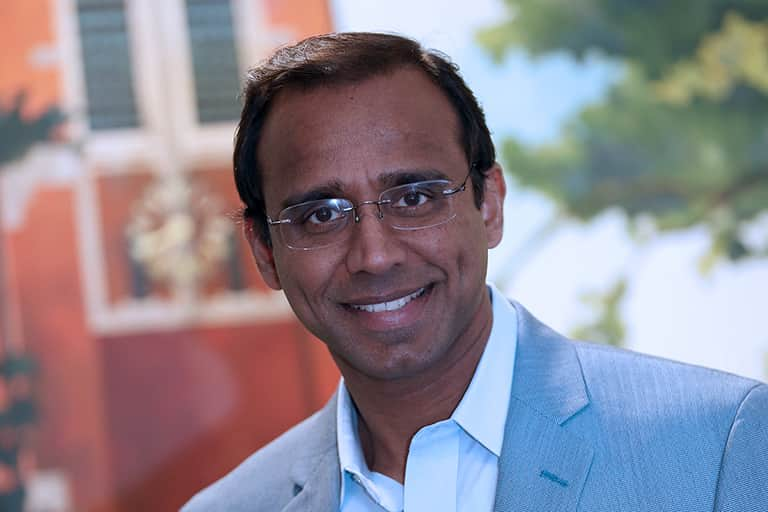Individuals, organizations and societies need a bigger purpose for a meaningful existence. In the United States, we cherish the ideals of life, liberty and the pursuit of happiness. Journalists cherish the First Amendment that guarantees free speech and go to extraordinary lengths to fight for this freedom. Institutions have high aspirations, as well. MSU’s campaign, Spartans Will, promotes the ideals of individual strength, collective power and extraordinary impact as our motto.
Recently, I have pondered if there is a higher ideal that unites the interests in our college, in which the study of communication is pursued at different levels – literally from neurons to nations. Our faculty and staff are motivated to train students to become communication professionals with extraordinary impact. We care deeply about light-bulb moments when our students catch on to a difficult concept or master a challenging skill. We also enjoy the process of mentoring and working collaboratively with graduate and undergraduate students and colleagues. But is there an even bigger mission that can be considered extraordinary impact?
It has occurred to me that as a collective, we contribute to the evolution of a civil society. Though other disciplines, such as political science, sociology and law, can lay claim to civil society as their area of specialty, we can claim this ideal as our own because communication is the bedrock of a civil society.
In the School of Journalism, we contribute to a civil society by training students to inform citizens and to serve as our watchdogs by holding accountable those who are entrusted with power. A civil society that is based on a marketplace of ideas should have ample room for persuasion and social influence, which are concepts our students practice in the Department of Advertising + Public Relations.
The Internet and all forms of communication technology are both a blessing and curse for a civil society. Flaming and hate speech abound on the Internet. At the same time, knowledge and social support can be found on the Internet. Governance of the Internet and enlightened policymaking offer hope for limited solutions. In the end, education of netizens on privacy, cybersecurity and related challenges are critical to the building of a civil online society and our students in the Department of Media and Information are well schooled in these topics.
In the Department of Communication, our students learn processes and theories that shape communication and social influence. Further, they learn the intricacies of communication in specific contexts, such as health, interpersonal, organizational, political or environmental, which shape civil discourse. By helping those with disabilities in communication, our students in Communicative Sciences and Disorders enable the voiceless to find a voice.
And, of course, a civil society needs the arts, which our students learn in the Media Sandbox. Likewise, through radio, television and the Internet, WKAR contributes to a civil society by bringing music, news and the arts to our community.
The future hinges on developing a civil society at home and around the world, in which communication is currency. Now more than ever, when subtlety and nuance have been replaced with brashness and insult, empathy and understanding brokered through communication is our only hope. Individuals practicing excellent communication is the collective power that can shape a civil society. To me, that is extraordinary impact. Now who will build a civil society?
